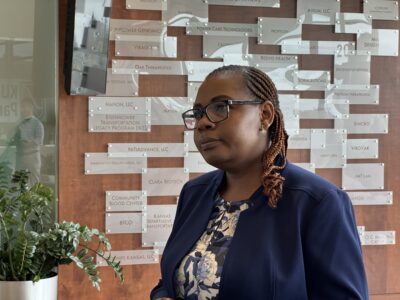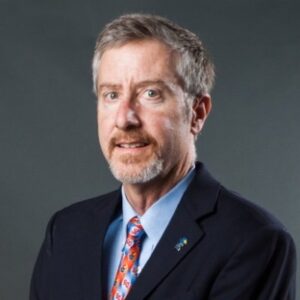Kansas won’t prevent singles from being foster parents
Topeka ? Kansas won’t bar single people from serving as foster parents for abused and neglected children but hasn’t decided whether to allow married same-sex couples to do so, an official said Friday.
The state Department for Children and Families has faced questions about its plans because it said earlier this month that it was conducting a broad review of foster care policies. Douglas County District Judge Peggy Carr Kittel wrote a regional DCF official, asking whether it planned to limit foster parenting to only married couples and how such a move would apply to same-sex couples, given the recent U.S. Supreme Court decision legalizing gay marriage across the nation.
Theresa Freed, a spokeswoman for the child welfare agency, told The Associated Press that department officials “haven’t changed any foster care licensing policies.” The department did not issue a public statement.
“Single adults will not be excluded from being foster care parents,” Freed said. “That was never being considered.”
Before the U.S. Supreme Court ruling, Kansas banned same-sex marriage and did not recognize such marriages from other states. Brownback has been a vocal supporter of the state’s ban.
But the state allowed gays and lesbians to serve as foster parents, as individuals.
The department began its review of foster care policies after Republican Gov. Sam Brownback this month transferred the licensing of foster homes to it from the Department of Health and Environment. DCF already had administered placements and services for foster children through two private contractors.
Kittel said she couldn’t comment until she could review a response to her from the agency. Tom Witt, executive director of Equality Kansas, the state’s leading gay-rights group, said the department’s refusal to comment on same-sex couples serving as foster parents shows that Brownback’s administration is “going to dig in its heels every step of the way to deny married couples their legal rights.”
“We expect all married couples to be treated equally and fairly,” Witt said. “Any failure of the Brownback administration to do so will result in litigation, which they will lose.”
About 6,500 children were in foster care at the end of June, though many of them had been placed with relatives. The state has about 2,500 licensed foster homes.
In response to questions about gay-married couples serving together as foster parents, Freed said, “We’re leaving that question for later.”
In a follow-up email she added: “We are still in the early stages of conducting a long and thorough process of review and deliberation of the foster care licensing program. The health and welfare of children remain our top priority, as well as providing them a stable environment.”
Separately, two Democratic legislators earlier this week sought an audit of the foster care program to examine whether the department’s procedures adequately protect children, both in considering whether to remove them from troubled homes and when to reunite them with their parents. The Democrats cited the deaths of children from troubled homes in El Dorado, Hiawatha and Wellington from March 2012 through December 2014.
Republican lawmakers blocked the audit, noting that the department’s review and the creation of a special joint committee to study foster care issues this summer and fall.







